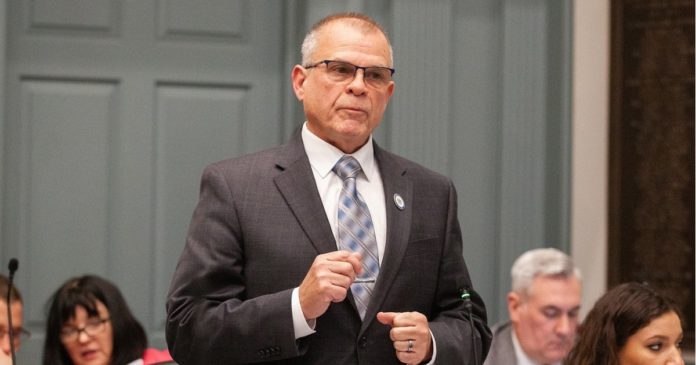A bill to expand Delaware’s medical marijuana program has been passed by the state’s House of Representatives.
Sponsored by Rep. Ed Osienski (D), House Bill 285 passed in a 26-10 vote and has been sent to the Senate for consideration.
“This legislation will make the Medical Marijuana Program in the state more successful by making it easier and less expensive for patients to access medical marijuana,” said Rep. Osienski.
Among the important changes in the legislation:
- Removing the list of debilitating medical conditions to qualify for a card; allowing health care providers to make the call.
- Allowing for individuals older than 65 to self-certify their qualification for registry identification cards, lowering the cost of registration
- Cards will be issued for one, two or three year durations
- Reciprocity for out of state registry cards that will allow patients to use them in Delaware.
Delaware legalized medical marijuana in 2011, but sales didn’t begin until 2015. Registered patients may possess up to six ounces for their medical use. According to the Delaware Department of Health and Social Services (DHSS), the Division of Public Health’s (DPH) Office of Medical Marijuana (OMM) issued 29,039 registration cards during FY23, which was 14% higher than in FY22.
In April 2023, recreational cannabis was legalised after Governor John Carney allowed HB 1 and HB 2 (combined, the Marijuana Control Act) to become law without his signature. Adults aged 21 can possess up to one ounce of cannabis. Representative Ed Osienski (D) sponsored both bills.
New staff and regulations to manage licensure and enforcement under the Act are being developed and the State anticipates licensure applications will be available by May 2024. While medical marijuana sales will remain un-taxed, recreational sales will have a 15% sales tax applied. Regardless, the DHSS says:
“… it is reasonable to expect a substantial reduction in MMP’s patient population once the adult use retail locations open.”
On a related note, Delaware’s Attorney General was among 12 AGs to have signed a recently letter urging U.S. Drug Enforcement Administration (DEA) to reschedule cannabis to Schedule III under the USA’s federal Controlled Substances Act.


